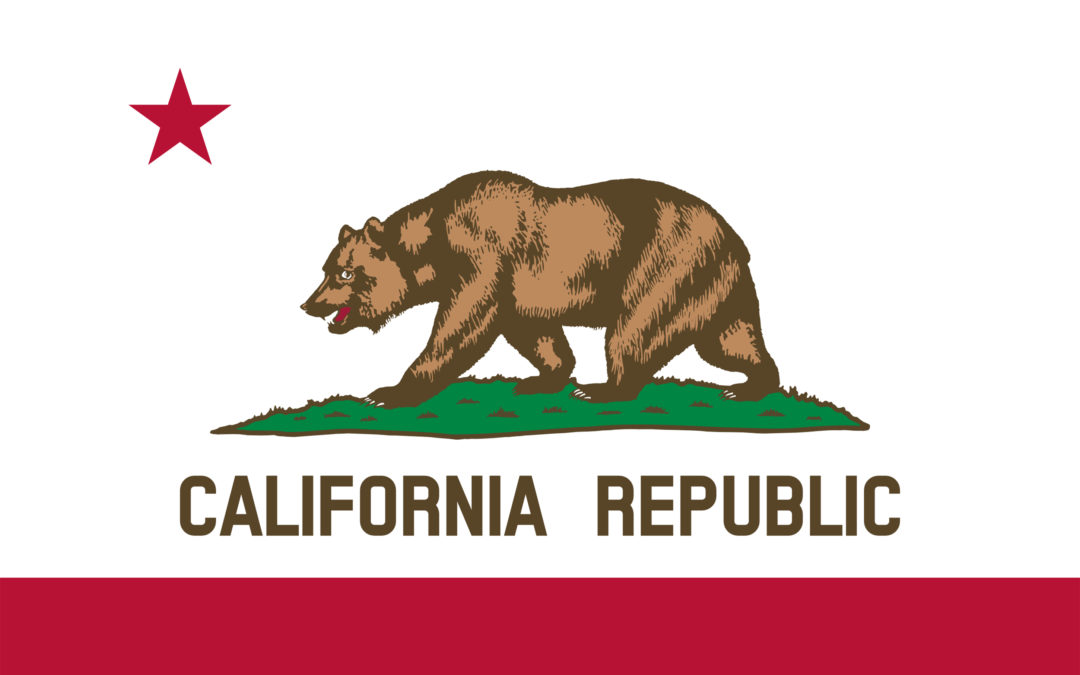Overview
On May 22, 2023, the California Supreme Court unanimously found that an employee’s report of workplace wrongdoings is a protected “disclosure” within the meaning of Labor Code section 1102.5(b) even if the employer already knew about the violation before the report.
Background
Labor Code section 1102.5(b) prohibits employers from retaliating against employees who “disclose information,” either internally or to government or law enforcement agencies, concerning violations of the law. This Labor Code section protecting “whistleblowing” has been amended several times to align the statute with the “broad public policy interest in encouraging workplace whistleblowers to report unlawful acts without fearing retaliation.” See Green v. Ralee Engineering Co. (1998) 19 Cal.4th 66, 77; Lawson v. PPG Architectural Finishes, Inc. (2022) 12 Cal.5th 703, 709.
The California Supreme Court dealt with the interpretation of this statute once again on May 22, 2023 in The People ex rel. Lilia Garcia-Brower, as Labor Commissioner, etc., v. Kolla’s, Inc. In this case, an employee (initials “A.C.R.”) complained to her employer, the owner of a nightclub, that she was not paid for certain shifts. In response, her employer fired her, threatened to report her to immigration authorities, and told her never to return to the nightclub. A.C.R. filed a complaint with the Division of Labor Standards Enforcement (DLSE), which ordered penalties for workplace violations. Because the employer refused to comply with the ordered penalties, the Labor Commissioner filed suit for violations of the Labor Code, including the retaliation provision in section 1102.5(b).
The Proper Definition of “Disclose” in Section 1102.5(b)
The trial court and Court of Appeal held that A.C.R.’s report to her supervisor about the supervisor’s wrongdoing was not a “disclosure” because the employer already knew about the wrongdoing. The courts’ presumption was that a wrongdoer already has knowledge of their own wrongdoing.
The California Supreme Court held that section 1102.5(b) protects disclosures made to someone “who has the authority to investigate . . . or correct the violation.” The Court explained that employee protection exists, regardless of whether the recipient knew about the violation, because an employee has special access to information about workplace wrongdoing. Accordingly, the case should have been allowed to proceed.
Takeaway for Employers:
While this case expands the types of employee complaints protected by section 1102.5(b), it does not protect employees who do not believe or unreasonably believe that the information being disclosed evidences a legal violation. However, because section 1102.5 authorizes civil penalties and reasonable attorneys’ fees to successful plaintiffs, employers should take complaints of workplace violations seriously.
The complete opinion, authored by Justice Liu, can be found here.
